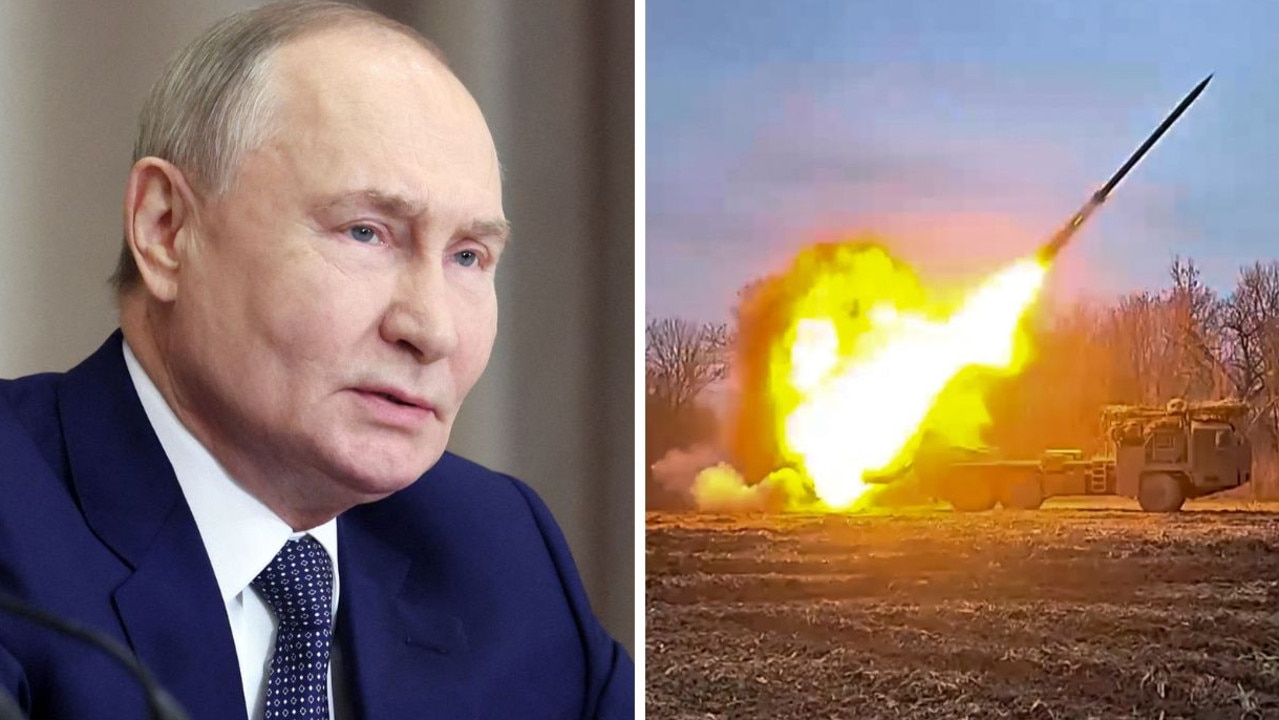Georgian city of Tbilisi becomes magnet for fleeing Russian dissidents
Russians against the war in Ukraine are fleeing in their thousands and many of them are headed to one picturesque city.
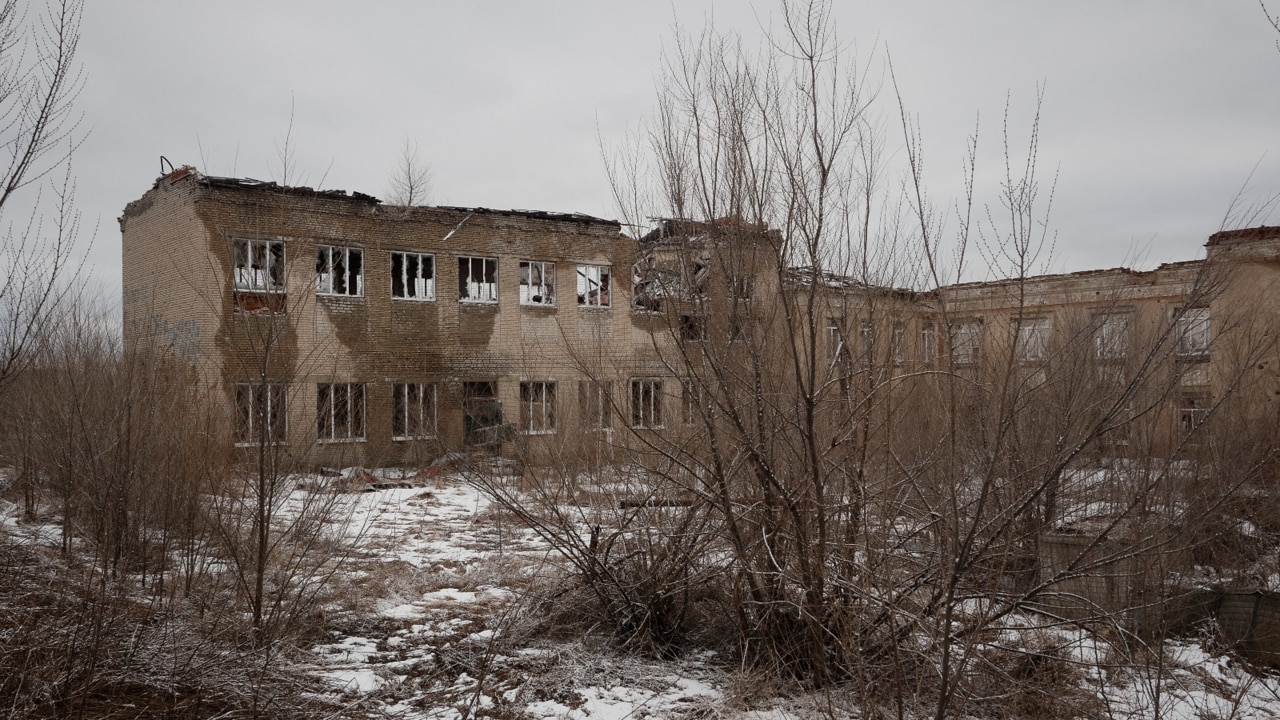
World
Don't miss out on the headlines from World. Followed categories will be added to My News.
There’s been an exodus of Russians fleeing the country due to anti-war views that could see them jailed, with thousands now seeking refuge in the former Soviet republic of Georgia.
The country on Russia’s southern border, has become a magnet for Russian journalists, activists, politicians and artists who face being jailed for opposing the war in Ukraine.
Georgia’s picturesque capital Tbilisi is now filled with Russian dissidents gathering in cafes and bookshops, or staging anti-war protests that would see them beaten or arrested if they were in Russia.
“So now I really think that I will not be able to go to Russia till [Russian President Vladimir] Putin will, I don’t know, die, disappear, become a bug or something. So yes, I think we need to wait for his death,” Pussy Riot’s Nika Nikulshina told ABC’s Foreign Correspondent.

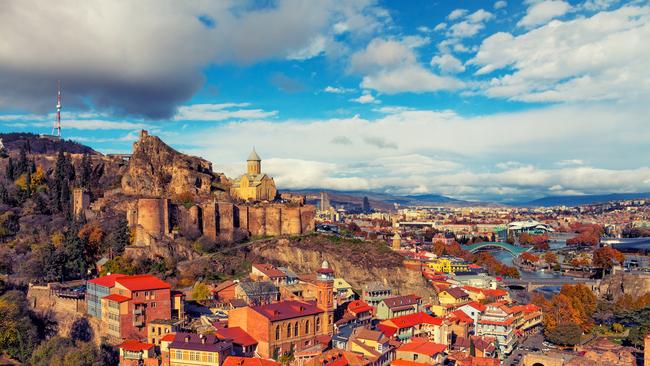
Ms Nikulshina is one of around 30,000 Russians who are estimated to have arrived in Georgia in the wake of the invasion of Ukraine. It’s one of the few countries that Russians can get a one-year visa.
Other Russians have travelled to Western Europe and North America, but most have departed for countries that don’t require visas like Georgia and other former Soviet republics of Armenia, Kyrgyzstan and Kazakhstan, as well as Turkey.
Not all of them are dissidents, some have fled because of fears an Iron Curtain will be imposed while others are concerned they won’t be able to develop their businesses and work.
However, many of these Russians are choosing to live in exile so they can openly voice their opposition to the war.
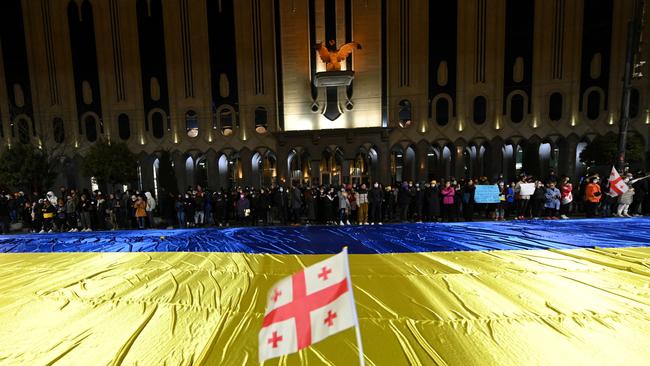
Even calling the Ukraine conflict a “war” instead of a “special military operation” in Russia, could see them face jail terms of up to 15 years.
“The majority of Russians support Putin and it’s very hard to be even politically neutral,” Russian exile Roman Mikhailov told AFP last month.
“I am against Putin and the only prospect I have in Russia is to end up in prison — like [Russian opposition leader Alexei] Navalny.”
Russian authorities appear to be supportive of the mass exodus with some reporting that police are raiding people’s apartments and confiscating documents, but leaving passports on kitchen tables in an apparent hint for them to leave.
Life in Georgia is also not without its complications.
Many in Georgia are anti-Russian and there is anti-Russian graffiti on the streets of Tbilisi, which makes some Russians feel targeted even if they oppose Putin and the war in Ukraine.
Georgia has its own reasons for being anti-Russian. The country was invaded in 2008 and while the war only lasted five days, Russian troops are still based in two breakaway regions — South Ossetia and Abkhazia — a region that makes up 20 per cent of the country. South Ossetia is only an hour’s drive away from Tbilisi.
There's also speculation Georgia may on Russia’s list of nations to subjugate should it bring Ukraine under its control.
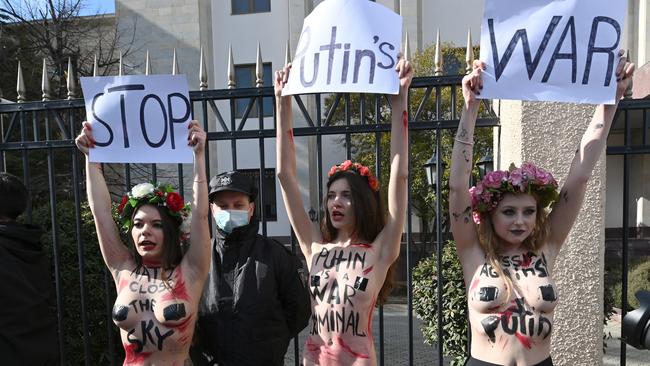
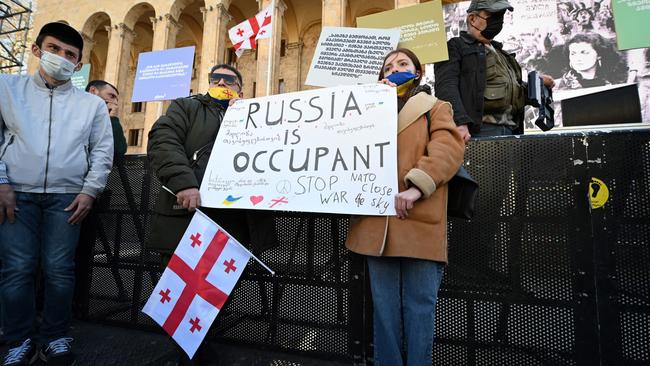
Georgia’s ruling party Georgian Dream is seen by many in the country as being pro-Russian. Its founder is Georgia’s richest person, billionaire Bidzina Ivanishvili, a Trump-like oligarch with ties to Moscow.
While Mr Ivanishvili says he is stepping away from politics, his successor Prime Minister Irakli Garibashvili has not joined other Western countries in imposing sanctions on Moscow, arguing it is not in the country’s best interest.
The decision saw Ukraine recall its ambassador to Tbilisi.
Russian journalist Tikhon Dzyado believes the Georgian government is not happy with them being there “because they are afraid that we will reopen (closed Russian television news station) TV Rain here, that Georgia will become a safe space for Russian independent journalists and Russian opposition”.
“It is not a safe space, unfortunately, because of the government,” he said.
Originally published as Georgian city of Tbilisi becomes magnet for fleeing Russian dissidents




